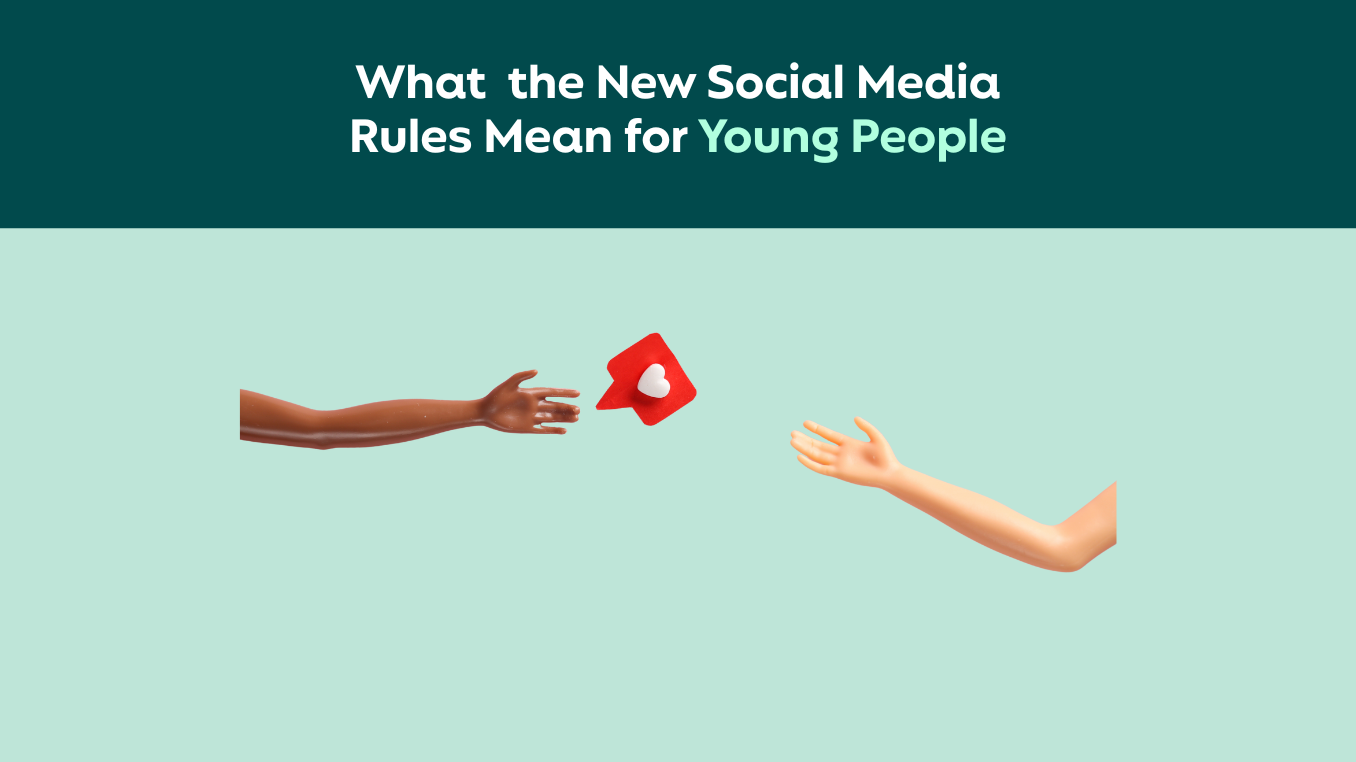Edmen Employee Hub

Everything you need. Right here.
This is where our employees can find everything they need to know, in one place.
From important work documents to after-hours processes, frequently asked questions and employee benefits, easily access the information you need, click the icons below to learn more.
Top tip - You can save this page to your bookmarks so you can return to it at any stage.
If you have any questions, suggestions please do not hesitate to contact your Service Coordinator
- Please keep your availability updated. You can email this through at any time, to your service coordinator or update it in the Active by People In App
- Keep your phone on you at all times and return the call as soon as possible.
- Please do not pull out of shifts via email. You must contact your Service Coordinator on call 1300 665 880.
Featured Blogs

Happy New Year! We hope your holidays have been filled with sunshine, good company and well-deserved rest. While January is still very much summer here in Australia, it’s the perfect time to reflect on enjoying these long summer days safely , especially as many of our youth and disability workers head out into the community or support clients in a range of environments. Here are some essential summer safety reminders - whether you’re heading to the beach, organising outdoor activities, working in the heat or just making the most of summer fun. Stay Cool & Hydrated Warm weather makes being outdoors so inviting but high temperatures can be dangerous if we aren’t careful. Heat exhaustion and dehydration can affect anyone, but especially those working outdoors or with additional care needs. Tips to stay cool and healthy: Drink plenty of water throughout the day - don’t wait until you’re thirsty! Take regular breaks in the shade or indoors, especially between 11 am – 3 pm when temperatures peak. Wear light, loose-fitting clothing and a hat to help your body regulate heat. Use fans or air-conditioning if available or seek cool public spaces like libraries or community centres. Water Safety Matters Many Australians use summer to swim, fish, paddle or enjoy rivers and the beach - and while water brings joy, it also brings risk. \Water safety tips: Always swim between the flags at patrolled beaches and obey warnings. Never swim alone. Make sure someone else knows where you are. Avoid alcohol near water - it can impair judgement and reaction times. Know basic water rescue principles and CPR - it could save a life. Whether you’re supervising clients or spending time with family and friends, keeping a close eye on water safety is key to a fun and incident-free summer. Protect Your Skin Australia’s UV levels are among the highest in the world - and you don’t need to be at the beach to get sun damage. Sun protection essentials: Use SPF50+ broad-spectrum sunscreen and reapply every two hours. Slip on protective clothing, Slop on sunscreen, Slap on a hat, Seek shade, and Slide on sunglasses - the SunSmart 5 S’s. Keep sunscreen and shade/umbrellas handy when out in the community or at outdoor events. This helps protect everyone’s skin but it’s especially important for people with disability or those who may be more vulnerable to heat and UV effects. Plan Ahead & Look Out for Each Other Summer isn’t just sunshine and surf - it can bring heatwaves and intense weather. Preparing ahead can make all the difference: Check weather forecasts before scheduling outdoor work or activities. Build regular check-ins into your day - especially for clients who live alone or are at risk of heat-related illness. Make sure everyone has access to water, shade and a plan for cooling down if it gets too hot. Looking out for one another is something that connects deeply with our work in youth and disability support and there’s no better time to practise it than during summer’s hottest weeks. Have Fun - Just Be Safe! We want you and your networks to make the most of these long, bright days ahead. Whether it’s community events, outings with clients or teaching new skills under the sun, enjoying summer responsibly keeps everyone happier and healthier. Wishing you all a safe, fun and fulfilling start to 2026!

What the New Social Media Rules Mean for Young People And How We Can Support Them Australia has introduced a new law that means children and young people under 16 can’t have social media accounts on big platforms like Instagram, Facebook, TikTok, YouTube, Snapchat, X and others. From 10 December 2025, these platforms must take steps to stop under-16s from having accounts or face big fines. The idea is to protect young people from some of the risks that can happen online, like cyberbullying, harmful content and addictive use. But this big change can also affect the wellbeing and social lives of the young people we work with. It’s important we understand what it means and how we can support them. What's Changing? ✔ Under-16s won’t be able to have accounts on many major social media apps. ✔ Platforms must try to check users’ ages and remove or block under-16 accounts. ✔ Young people can still view some public content without an account, but can’t post, comment or use the apps as before. ✔ There are no fines or legal penalties for young people or their families. The law is about the platforms doing the work. What Young People Might Feel This is a big shift, and many young people will feel frustrated, upset or anxious about it. Social media is how a lot of teens connect with their friends, communities, interests and support networks - especially for groups who might already feel isolated, such as rural youth or LGBTIQA+ young people. Some young people may: Feel cut off from friends or peer groups Be angry or in denial about the changes Try to find workarounds to stay connected Be confused about what the rules actually mean It’s normal for them to have strong feelings about this. What This Means for the Young People We Support As youth and disability workers, we might see: 📌 Changes in how young people communicate with each other 📌 Feelings of loss, loneliness or worry about missing out 📌 Increased pressure to stay connected in other ways 📌 Confusion about what they can and cannot do online Some young people will cope well, others might struggle more without their usual online spaces. What We Can Do to Help Here are some simple and practical ways we can support young people during this time: 1. Talk and Listen Give them space to talk about how they feel about the changes. Let them know their feelings are valid - this is a big shift in their world. 2. Help Them Understand the Rules Clarify that the change affects accounts, not the person. They don’t get into trouble for accessing content without an account, but they won’t be able to interact in the same way. Reinforce that there are no legal penalties for them or their families 3. Support Alternatives Help young people find other ways to connect and build positive socialisation, like: Face-to-face meetups Group activities (sport, clubs, classes) Extra support programs or services Safe online spaces that aren’t blocked (Messenger, WhatsApp- Check eSafety Site FAQs to discover more) 4. Watch for Emotional Impacts Some young people may feel sad, anxious, isolated or angry . Pay attention to these feelings and: Offer emotional support Encourage healthy routines (sleep, exercise, offline hobbies) Connect them with mental health support if needed 5. Reinforce Online Safety Use this time as an opportunity to help young people with practical tools and trusted online safety information. A great resource to share with them is the eSafety Commissioner’s “Young People” page: 🔗 eSafety – Young People - https://www.esafety.gov.au/young-people This page has useful information to help stay safe online, including topics young people care about like online behaviour, respectful communication, cyberbullying, privacy, and how to get help if something goes wrong online. You can encourage them to explore this page on their own or use it as a discussion tool when talking about online life — even without social media access. In Summary This new social media change is big news both nationally and for the young people in our communities. While the law is meant to protect young people, it may also bring big feelings and challenges that we need to support. The most important things we can do are: ❤️ Listen openly ❤️ Explain clearly ❤️ Help them find connection and support in safe ways Together, we can help the young people we work with feel heard, understood and supported through this time of change.


